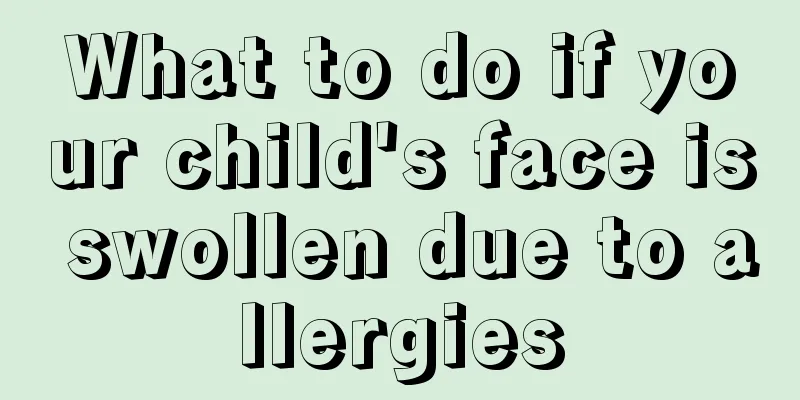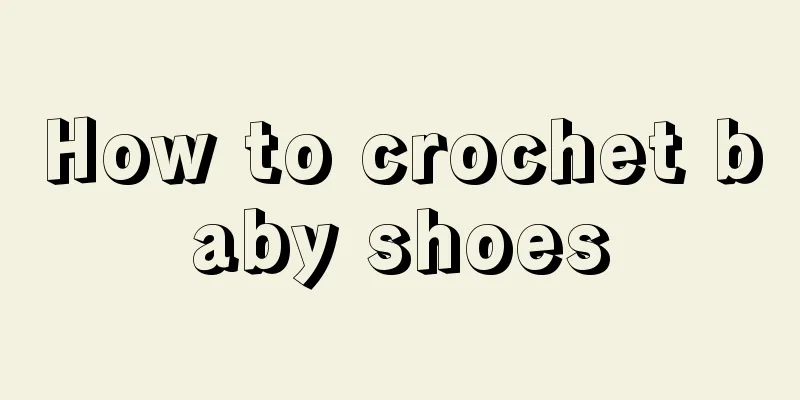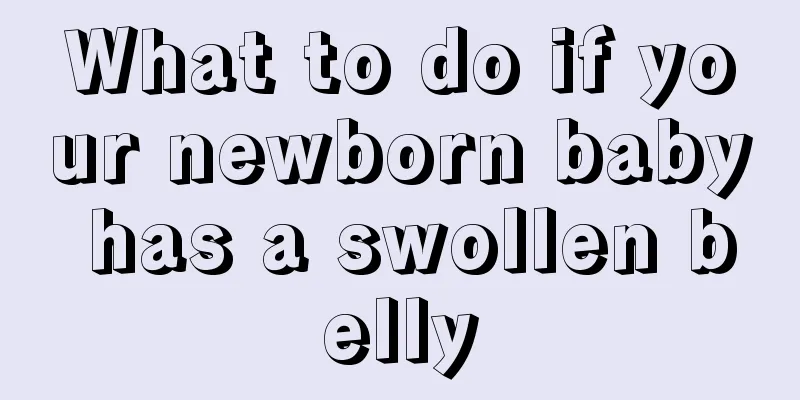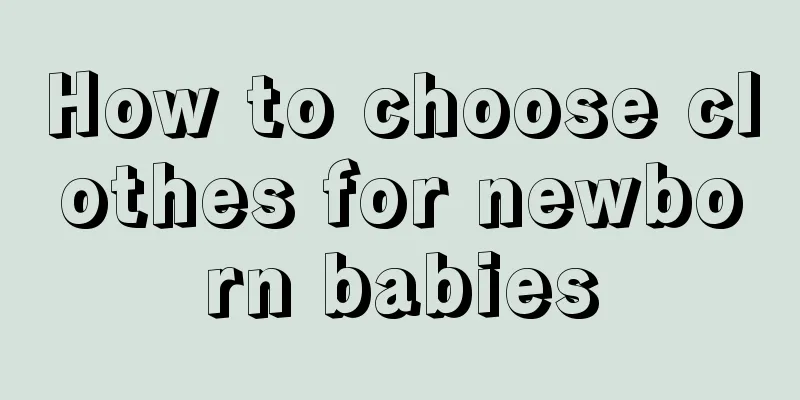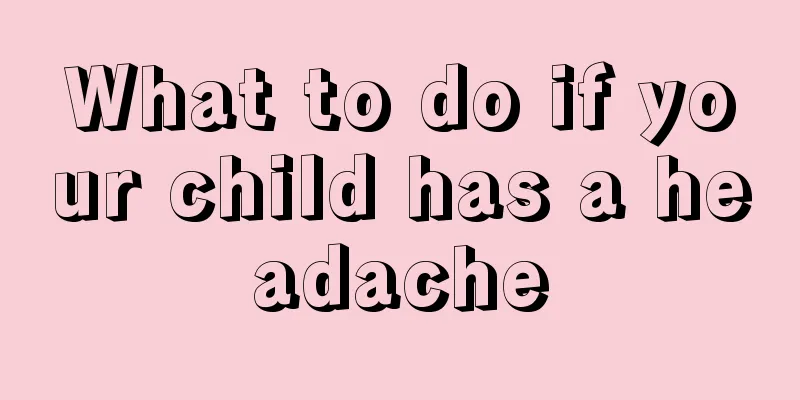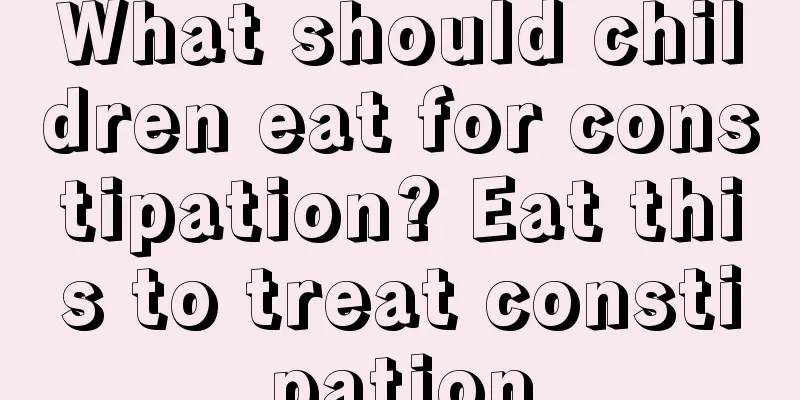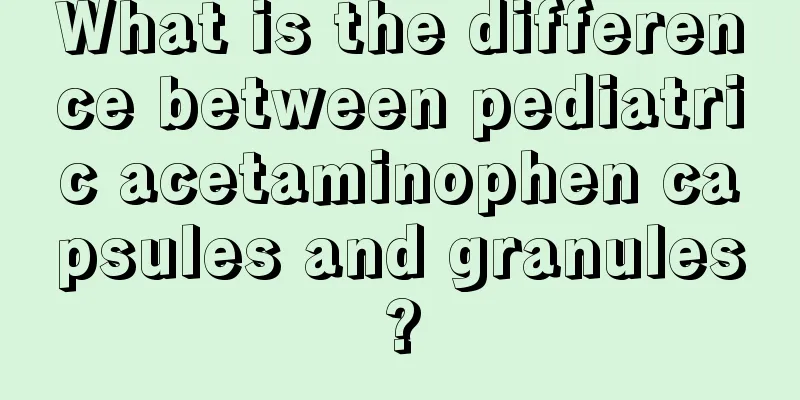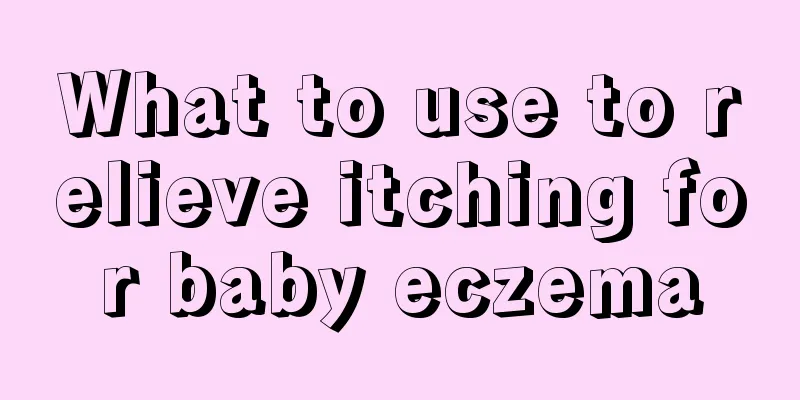What should I do if my baby vomits half an hour after taking the antipyretic medicine?
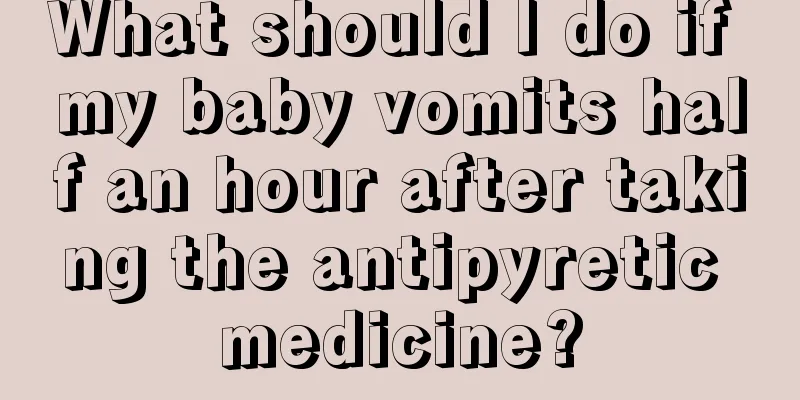
|
Due to the child's poor ability to adapt to the external environment, the body's immune system has not yet fully developed. If you feel a little uncomfortable, you may develop a fever, or your body temperature may rise rapidly after taking the medicine. Especially in the hot summer, if parents use improper air conditioning or drink less water, and cannot adapt to the high temperature weather, it will cause recurrent fever. So, what should I do if my baby vomits half an hour after taking the antipyretic medicine? If a child has a cold and a fever over 38.5 degrees, it is necessary to reduce the fever. After vomiting after taking antipyretics, you can take it again in half the dose. If vomiting still occurs, you can change to other antipyretic drugs or take physical measures to reduce the fever. Generally, if a child's fever is below 38.5℃, parents should adopt physical cooling methods, such as drinking more water, using fever-reducing patches, etc., and do not abuse drugs. When a child's fever is above 38.5℃, it is best to give the child medication under the guidance of a doctor. 1. When the body temperature is below 38.5℃, physical cooling is the preferred intervention. Fever is the most common symptom of infectious diseases in children. The treatment of fever can be roughly divided into "physical treatment" and "drug treatment". Generally speaking, when a child's body temperature is below 38°C, there is no need to use drug treatment, but choose the correct physical cooling method. For example, applying a fever-reducing patch, drinking plenty of water, and taking a warm bath can all help lower body temperature. 2. Infants and young children with a body temperature above 38.5°C need drug treatment. If you find that your child's body temperature has exceeded 38.5℃, parents should closely observe the child's condition so as to respond in time. For infants and young children, when their body temperature exceeds 38.5℃, they need to be given medication. 3. If the body temperature is above 39°C, medication should be taken under the guidance of a doctor. When a child's body temperature exceeds 39°C and is considered a high fever, Western medicine treatment is usually chosen. Currently, ibuprofen and paracetamol are commonly used antipyretics in clinical practice. These two types of drugs are relatively safe. But one thing that must be made clear is that parents should use the medication under the guidance of a doctor, especially pay attention to the dosage, and send the baby to the hospital for treatment in time. |
<<: How to reduce fever in children of 38 degrees
>>: How to reduce baby’s fever?
Recommend
What should I do if my two-month-old baby has poor digestion?
We all know that the digestive system of newborns...
Symptoms of bile duct obstruction in babies
Babies are too young and sometimes cannot express...
Does roseola infantum cause diarrhea?
Many children in their early childhood have very ...
What should I do if my baby who is over one month old has a stuffy nose? Is this what the mother does?
Babies over one month old cannot accept adverse e...
6 signs of high IQ in babies
At birth, smart newborns may be more alert than o...
Reasons why babies sleep less
The baby's physical health is what parents ca...
What should I do if my ten-day-old baby has diarrhea?
If a newborn baby has diarrhea, parents should be...
What fruits are good for children with cough?
Every parent is very nervous when their child has...
What should I do if my child has a sore throat and fever?
When children have a sore throat and fever, paren...
Baby's toenails thicken
Nails can reflect a person's health status ve...
Treatment for baby's fever and swollen gums
As parents, when our children have a fever and th...
What to do if a 3-year-old child coughs at night
When it comes to coughing, many people have had i...
The back of the baby's hand was swollen due to mosquito bites
Because babies are in a rapid development stage, ...
Is Henoch-Schonlein Purpura serious in children?
Purpura is more common in children, because the m...
What should I do if a four-year-old child has red spots on his body?
Since children's immunity is very low, they a...

